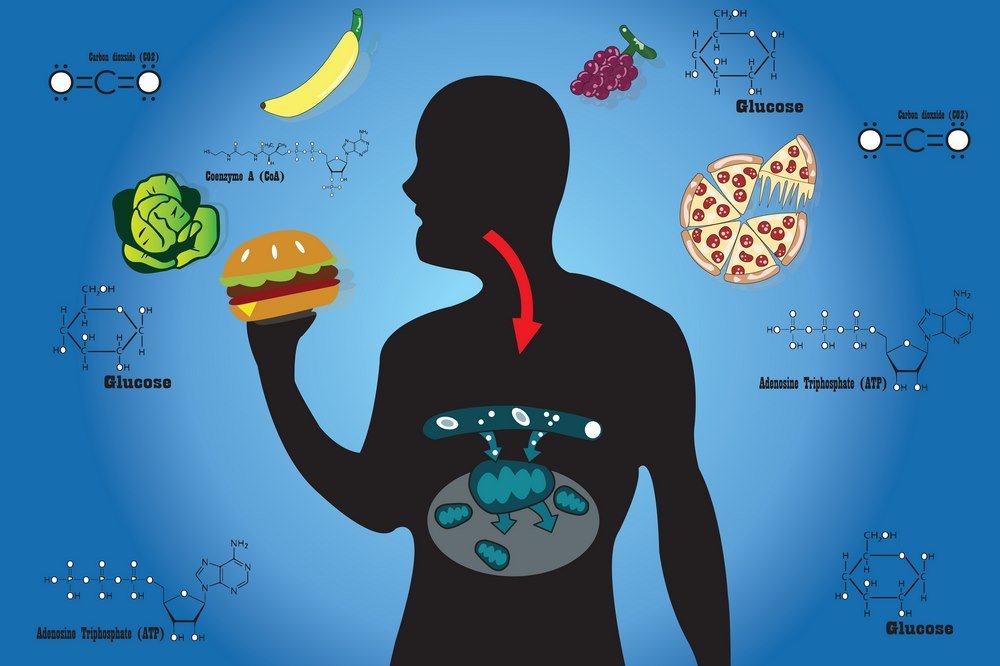Proteins Function

Protein is essential for good health. Additionally, the name derives from the Greek word proteos, which means “first place” or “primary”. Amino acids are made up of protein that combines them to make long chains. You can assume a protein as a thread of bead from a single bead is an amino acid. Several various proteins in the human body help in proper functioning. Proteins perform most of their action in the body cell and work different jobs. Here are some important functions of protein in the human body: (3)
Makes Biochemical Reactions
Protein is the enzyme that helps the thousands of the reactions of biochemical that occur outside and within your cells. The enzymes structure lets them associate with the other molecules within the cells known as substrates that catalyze reaction which is significant to your metabolism. An enzyme also plays a role outside the cell-like digestive enzymes such as sucrose and lactase that aid digest sugar. Few enzymes also need other molecules, including minerals or vitamins for a response to occur. The improper or lack of function of such enzymes cause disease. Body functions that rely on enzymes such as:
- Blood clotting
- Digestion
- Muscle contraction
- Energy production
